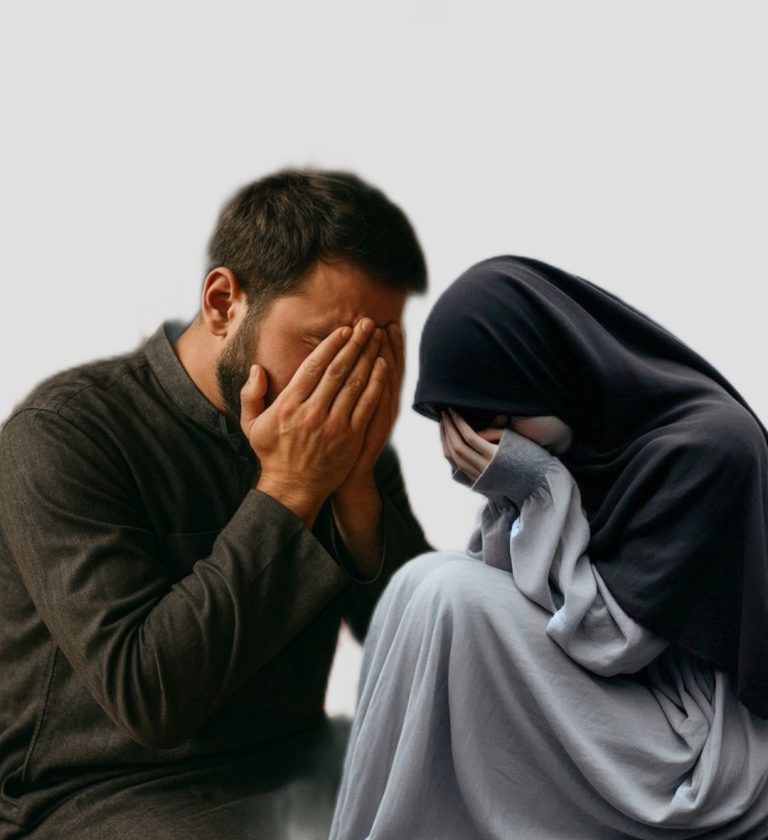In a world that urges constant exposure and display, modesty—or ḥayāʾ—is not the enemy of freedom, but rather its guardian. It is the freedom from being enslaved by the gaze of others. When faith takes hold, true modesty arises.
The Changing Landscape of Modesty
In our fast-moving era, where social media blurs the boundary between private and public life, a concept once considered a cornerstone of ethics now seems unfamiliar—or even regressive: the concept of ḥayāʾ.
In the teachings of Islam, ḥayāʾ marks the presence of faith, and the awareness of God’s constant watchfulness. Imam Ali ibn Abi Talib (A.S.) states in the collection Nahj al‑Balāgha: “Fear of God is the chief trait of human character.” (Ḥikmah 410) Yet in modern society, human beings are defined not by God but by the reactions of others and by their own desires. The eminent sociologist Max Weber, in his work The Protestant Ethic and the Spirit of Capitalism, speaks of the “secularization of motives” — where the worth of one’s action depends not on divine intention but on social utility.
When Modesty Becomes Marketable
In such an environment, immodesty is no longer merely a moral fault—it becomes part of the market logic and the media apparatus. Jean Baudrillard in The Consumer Society shows how the display of the body, desire, and pleasure becomes tools for profit and wealth creation. In short: what once was morally “improper” is now commercially “encouraged”.
The natural outcome is the breakdown of privacy. Anthony Giddens writes in Modernity and Self-Identity of the “structural immodesty” of modern life—people are ceaselessly observed, and their identity is formed in the mirror of other people’s eyes.
Modesty as Guardian, Not Restriction
In response, religion reminds us that ḥayāʾ is not a limitation but a protector of human dignity and honour. Imam Jaʿfar al‑Ṣādiq (A.S.) is reported to have said: “Modesty is one of the five distinguishing features of a human being.” While we may not always locate the exact source, this saying reflects the deep-rooted ethical tradition.
When a person recognises their true worth, modesty follows naturally—not as suppression, but as self-care.
Reclaiming Modesty in the Digital Age
Our society needs a fundamental re-definition of this forgotten virtue. In the digital era, ḥayāʾ means: managing oneself intelligently under the limitless gaze of others; having the capacity to say “no” to the urge to lay everything bare. If the logic of the media prizes “being seen”, the logic of faith honours “not being seen for anyone but God.”
Bringing ḥayāʾ back to life in the modern society is about bringing God back into the human horizon: reminding ourselves that before any virtual viewer, there is One real Observer who sees everything. As the Qur’an (96:14) asks: “Does He not know that God sees?”
If this deep awareness takes root in today’s generation, it might help heal large parts of the spiritual crisis, narcissism and social anxiety we face.
Conclusion
Once again: modesty is not the adversary of freedom, but the guardian of inner freedom—from the tyranny of others’ gaze. In a world that shouts “everything must be displayed”, ḥayāʾ is the courage to not see and not be seen—the courage from which faith begins.
From: Tasnimnews


